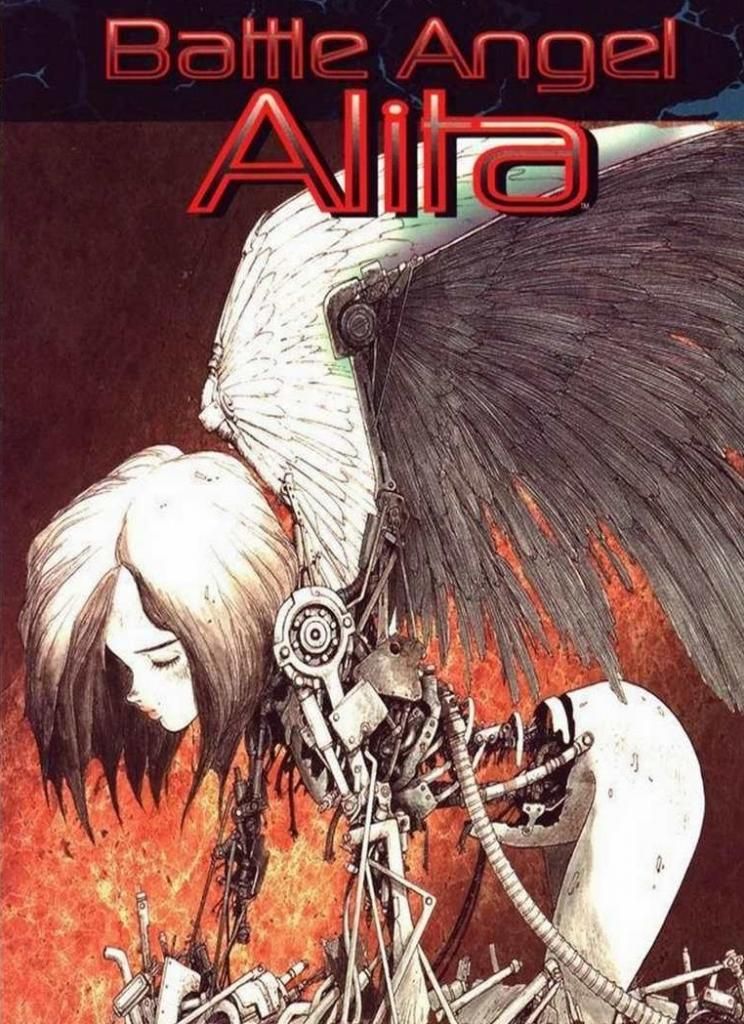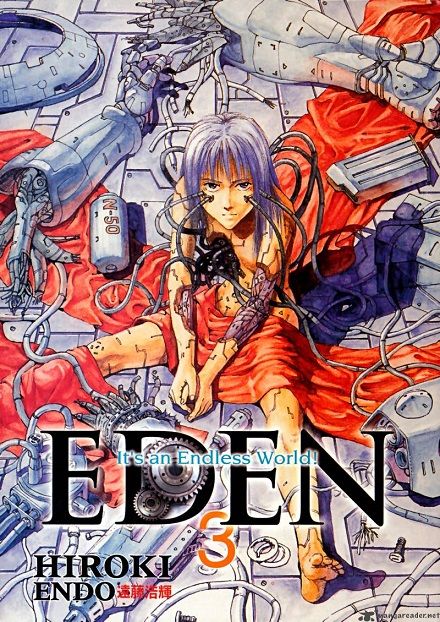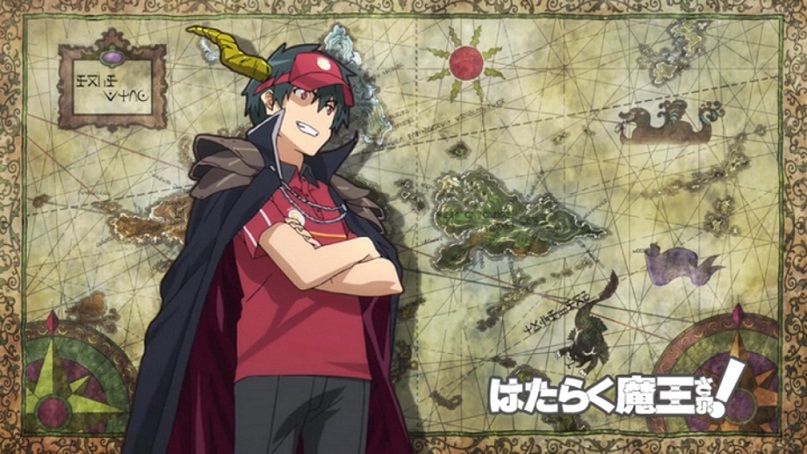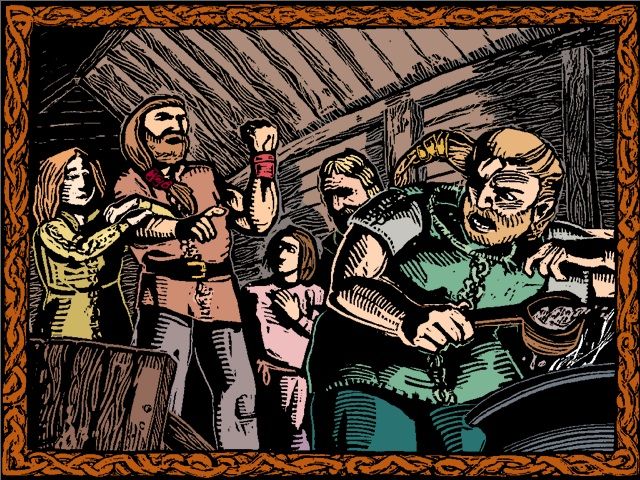
Another new recommendation. This one isn’t very obscure but it’s rather old, so it might have fallen off the radar by now. The manga I’m talking about is called Battle Angel Alita. It’s about an amnesiac cyborg making her way in a post-post-apocalyptic world, which is to say a world where the end has ended and a grimier, crappier version of civilization has been cobbled together.
There’s a formula to this type of thing: mysterious hints at the origin of the protagonist, savage battles of survival rendered in loving detail, betrayals, reversals, friendships, death. Alita follows that formula to the letter.
Still, I only started reading Alita on the recommendation of the fellow who makes the webcomic Gunnerkrigg Court – read that posthaste, by the way – so I knew there was something to the manga. And it delivered on that front as well.
Picture a murderous rollerball tournament played by cyborgs (and don’t overthink the premise). Picture our heroine fighting with gritted teeth and desperate urgency. Then picture genuine character growth in the midst of this frenetic shounen action sequence. Whilst reading I had to stop and take a moment to admire what the comic was doing.
There’s a reason James Cameron is making noises about doing a live action adaptation. I think the story is best early on, when its setting and its conflicts are smaller and more immediate. The latter portion of the series isn’t bad but by the end too many battles have passed by to give the climax its proper narrative weight. Apparently the author was dissatisfied with the original ending (something about being ill at the time) and has rebooted the series as Battle Angel Alita: Last Order. I’m only talking about the first series and have no idea if the semi-continuation is any good.
The English translation is from that older era when translators would put more of a stamp on the finished product. For example, in Japanese the protagonist’s name is Gally and the series is called GUNM. I prefer the alliteration of the alternate title, and honestly, what the hell is a GUNM?
Overall, I would suggest reading at the very least through the first four volumes. That’s what made this series one of the early seinen sensations in English. Give the manga a skim, let its images assault you, allow its battles to excite you, and imagine what it would have been like to see this kind of thing for the first time in translation. This series is remembered for a reason.


